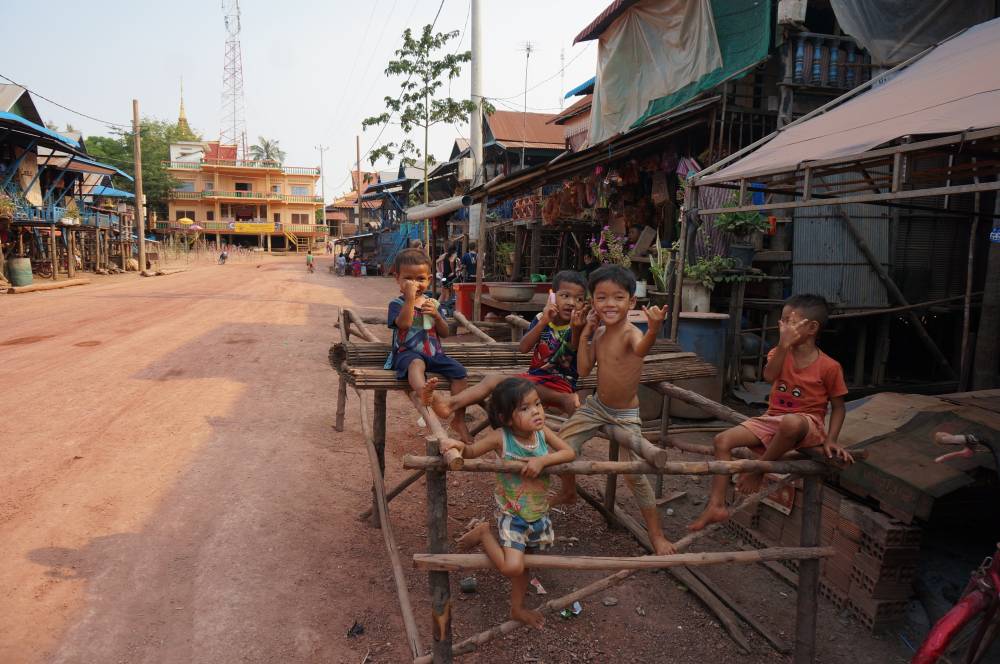
The United Nations Research Institute for Social Development (UNRISD) has been responding to widespread concern that the social dimensions aren't well understood or integrated into sustainable development discussions.
Sustainability often referred to as green economy, is so much more than just environmental protection. It has economic, social, and environmental dimensions. Oftentimes, social dimensions are misinterpreted, misapplied, or completely forgotten.
The Social Dimensions of Green Economy and Sustainable Development project was led by the United Nations and fed into its Conference on Sustainable Development (Rio+20) in 2012.
It asks the question "Where is the Social in Green Economy?". This is the first of six videos in the series "Bringing the Social to Rio+20". It's an overview that situates green economy within sustainable development and explores its potential as a path to inclusive, sustainable development and poverty eradication.
The footage is based on recordings and interviews from the UNRISD conference "Green Economy and Sustainable Development: Bringing back the Social Dimension".
Today, more than ever before, it's necessary to put more emphasis on sustainability and avoid wasting time and resources. It seems as though no progress has been made since the first Conference in 1992.
The global textile and apparel industry employs more than 300 million people around the world, most of them in developing countries. Every fashion company needs to work toward treating its employees and local communities better, protecting marginalized or disadvantaged groups.
Unfortunately, many brands still fail to sufficiently consider the social impact of their products and manufacturing processes. The impact of clothing production on people and human health is disastrous.
Many large international fashion companies spend billions to audit their factories on corporate social responsibility. But as audits are conducted by people with no intimate knowledge of the factories, many shocking issues and problems remain unseen.
Development processes need to become greener and fairer for all. Social dimensions have a key role to play to transform and support changes in production and consumption systems necessary for a green economy.
Efforts toward sustainable development won't succeed if social dimensions aren't addressed more comprehensively. The issues we face today are the same.
The concept of the green economy, and the strategies to promote it, are highly contested. And the social dimensions have received relatively little attention compared to economic and environmental concerns.
Was this article helpful to you? Please tell us what you liked or didn't like in the comments below.
About the Author: Alex Assoune
What We're Up Against
Multinational corporations overproducing cheap products in the poorest countries.
Huge factories with sweatshop-like conditions underpaying workers.
Media conglomerates promoting unethical, unsustainable products.
Bad actors encouraging overconsumption through oblivious behavior.
- - - -
Thankfully, we've got our supporters, including you.
Panaprium is funded by readers like you who want to join us in our mission to make the world entirely sustainable.
If you can, please support us on a monthly basis. It takes less than a minute to set up, and you will be making a big impact every single month. Thank you.


















0 comments